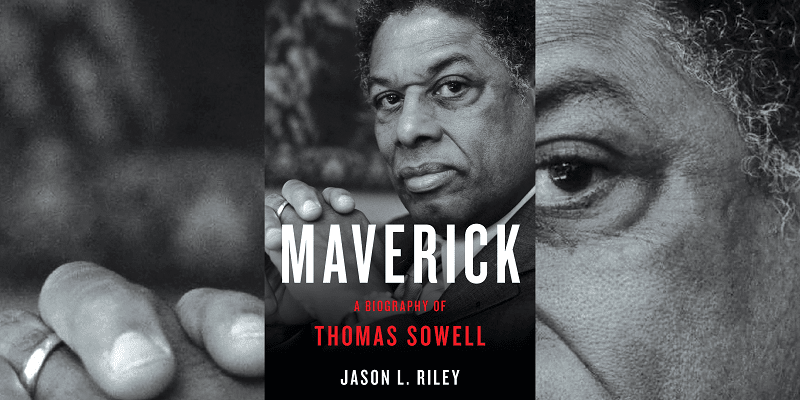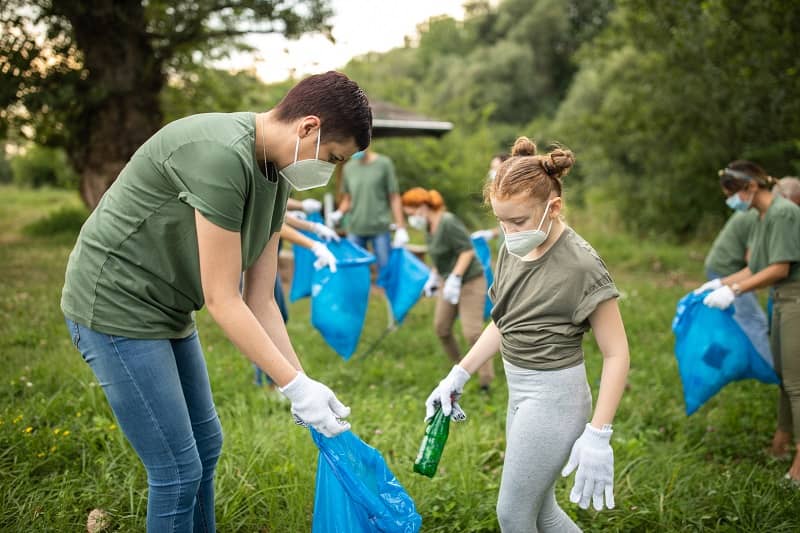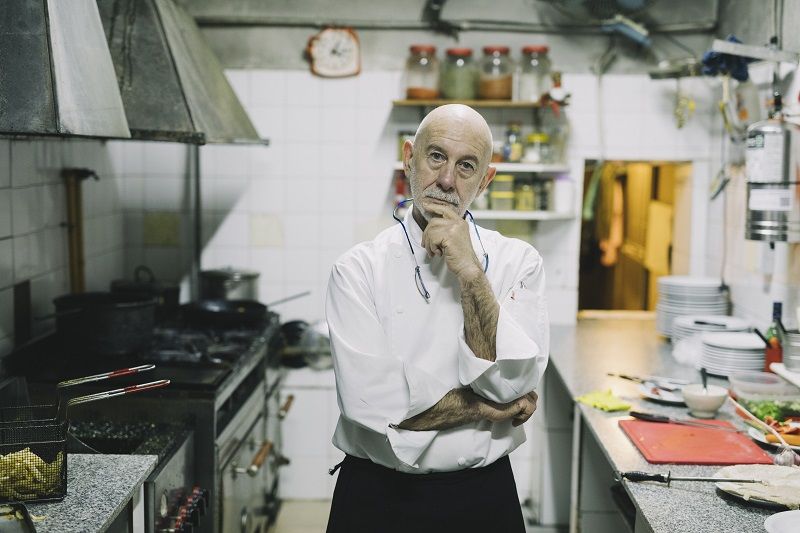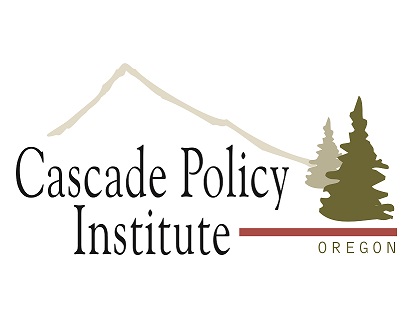Your average high school students may not be able to explain a fictional company’s dividends to a lecture hall full of adults from the business world. But after five days at Young Entrepreneurs Business Week, they could. YEBW is a nonprofit summer camp founded in 2006 by young Oregon entrepreneurs Nick and Maurissa Fisher, hosted on the campuses of Oregon State University and (new for 2013) the University of Portland.
YEBW’s founders shared a concern that young people of all educational and economic backgrounds often leave high school with no practical business knowledge, hindering their ability to innovate, create, and produce the kinds of goods and services key to Oregon communities’ growth and success. They sought to fill the gap by drawing together curriculum developers, business professionals, educators, and successful youth-focused program leaders to launch an innovative educational program for high school students.
YEBW students leave the camp possessing relevant, basic financial and business skills to apply to whatever goals they set for themselves. The camp starts with the basics so teenagers progress gradually, under the guidance of adult mentors, to create fictional companies, to pitch business plans to mock investors, and even to present earnings reports to their “stockholders.”
Participants spend one week on the OSU or UP campus and are exposed to a challenging curriculum designed to teach students that business can be fun and exciting, not to mention understandable and interesting. During the program, students are divided into student-led companies, guided by volunteers from the business community who share their knowledge and expertise throughout the week. The curriculum provides students with the financial literacy, business fundamentals, and confidence they need to be self-sufficient and successful.
During the first-year program, Business Week, students form mock companies where they create management teams, develop mission statements, invent a product, and conduct actual operation of their own business by competing in business simulations. Designed to broaden the practical skill sets of each student, the program incorporates professional speakers and other interactive learning exercises like mock interviews and networking events.
For returning students, Investing Week gives students the opportunity to learn about basic investment vehicles, the principles of evaluating a potential investment, and understanding the personal and business effects of the financial market system. Apprentice Week provides the chance to learn what it is like to start and run a business. Students prepare a full business plan, run an on-campus business as a team, and present their individual work to a panel of judges acting as potential company “investors.”
It’s not all “head knowledge,” either. YEBW fosters professional interpersonal skills. Students learn the art of the handshake, eye contact, introductions, proper business and evening attire, and table manners, so they can navigate job interviews and networking events with confidence. A high point of the week, increasingly popular with the students, is the “etiquette dinner,” where they practice their skills by networking and dining with adult volunteer professionals at a formal banquet.
YEBW’s motto is “there is a business side to every occupation.” Likewise, every occupation would benefit from Oregon having more business-savvy graduates of YEBW. The teens who attend the first-year program mostly come with no prior business knowledge or experience, but they leave with well-earned confidence in their abilities and potential as tomorrow’s successful professional adults. A nonprofit program like YEBW, spearheaded by enthusiastic young business leaders, is truly a bright light for the future of the entrepreneurial spirit in Oregon.
Kathryn Hickok is Publications Director at Cascade Policy Institute, Oregon’s free market public policy research organization.











